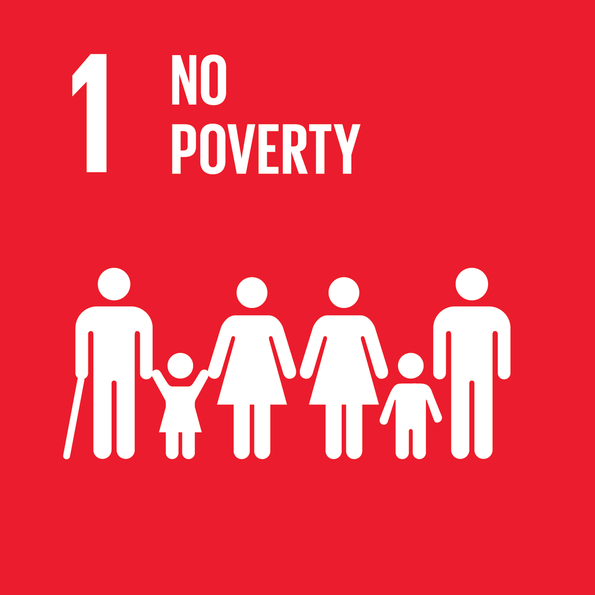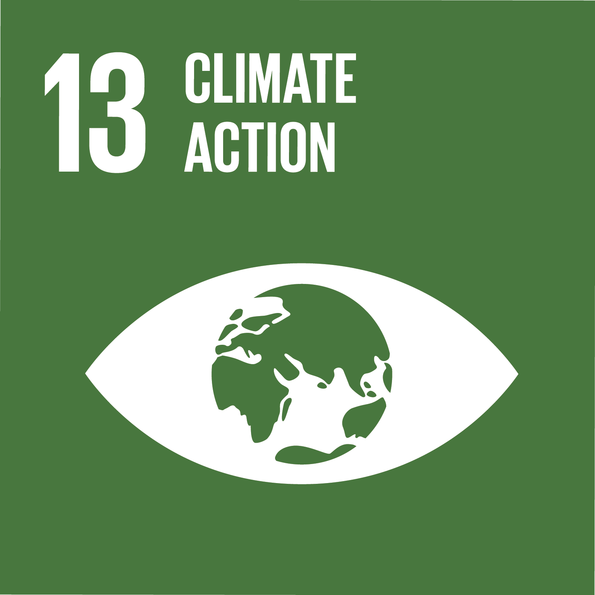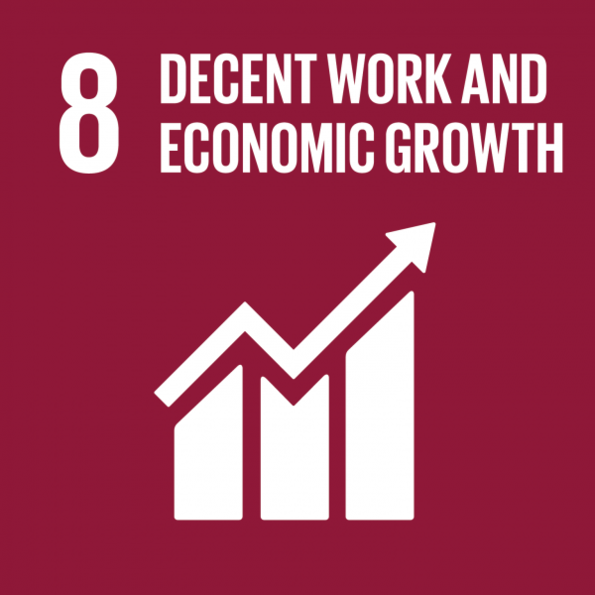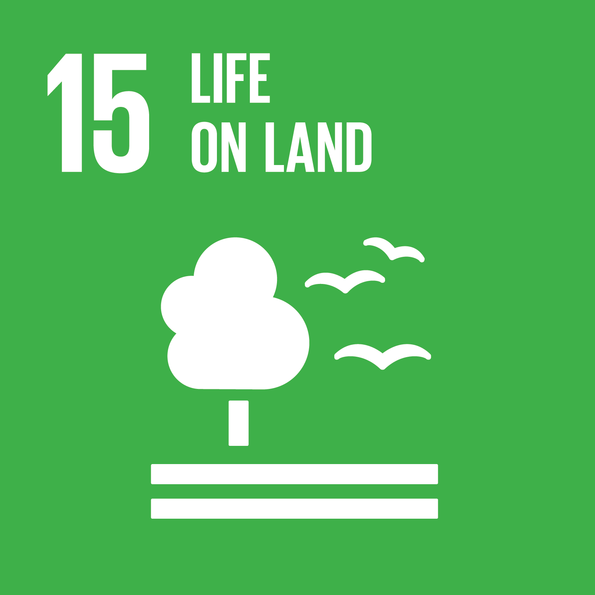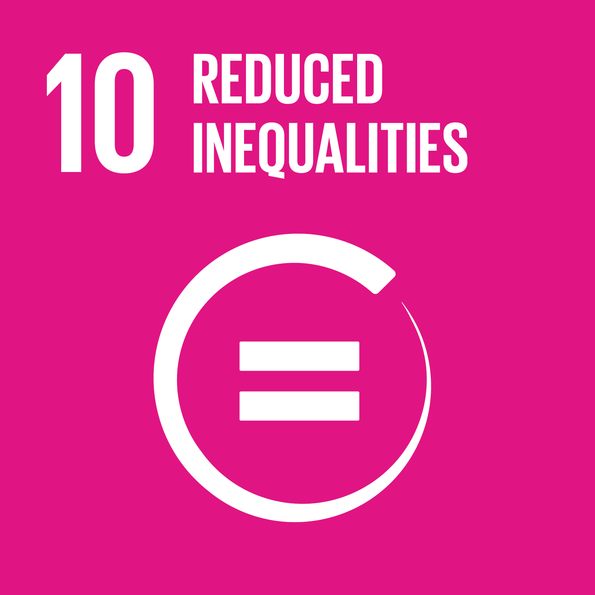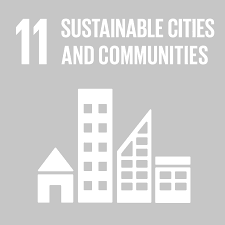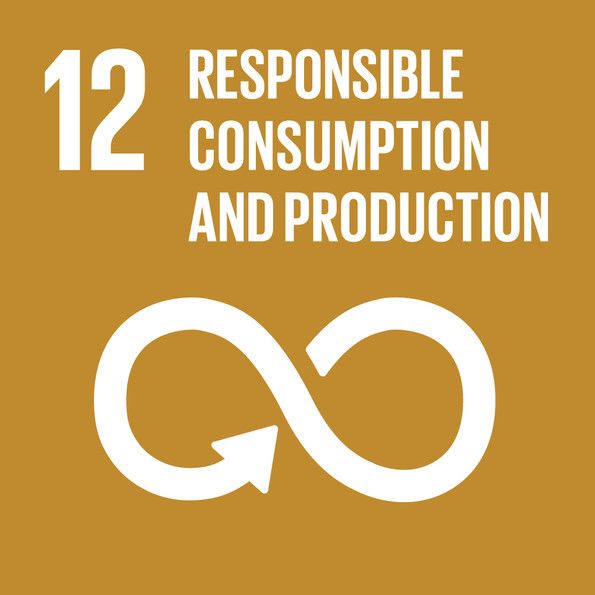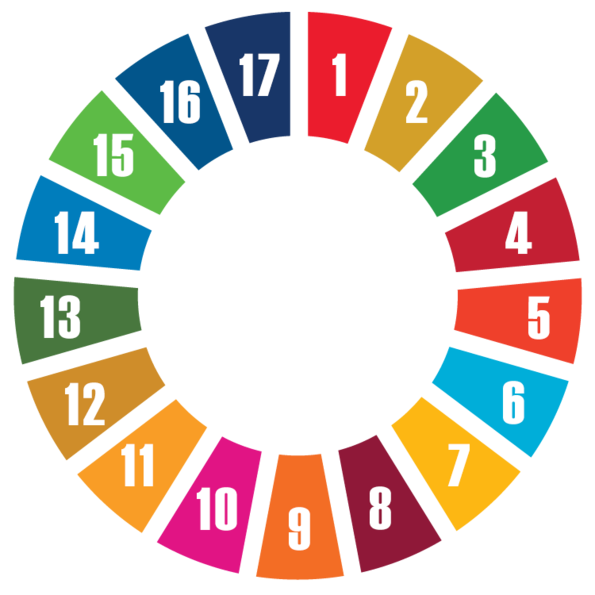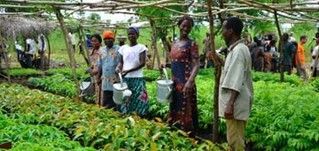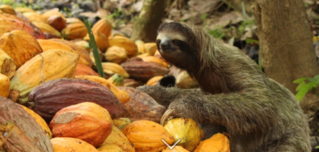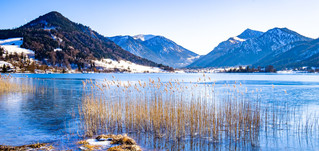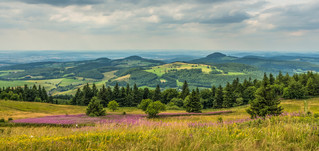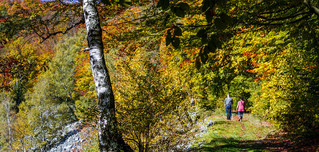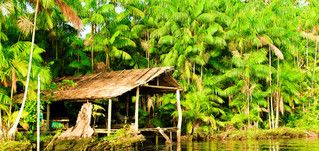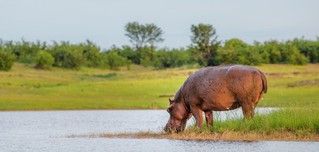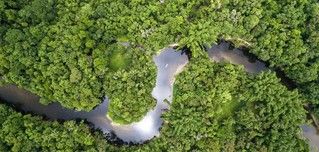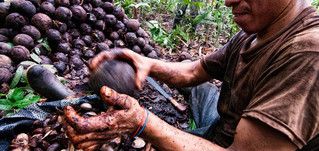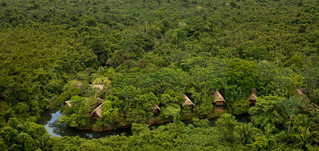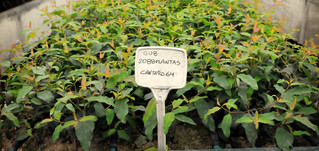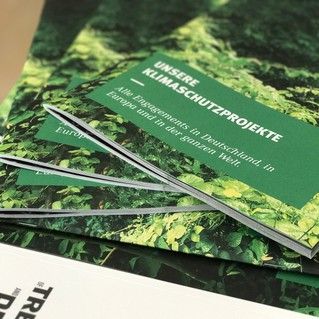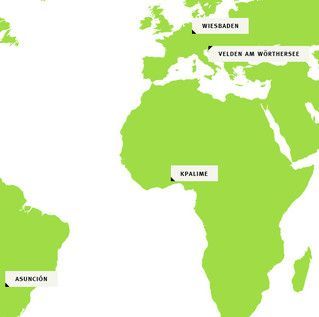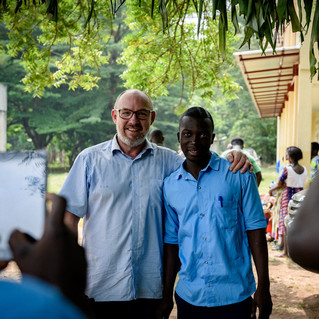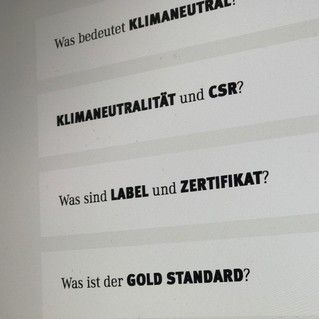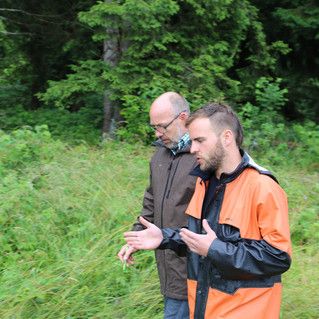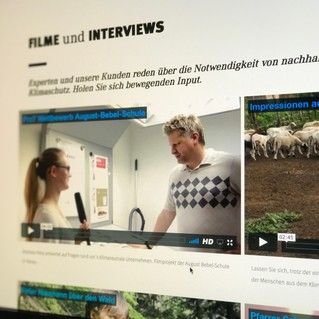"WEYERHAEUSER - URUGUAY"
Forest plantations on highly degraded grasslands under extensive grazing
Montevideo, URUGUAY*
The project, based in Eastern Uruguay, comprises various forest areas that were previously used to graze herds of cattle. Grazing large herds of cattle is a form of land use that leads to severe soil erosion and degradation.
The areas were so heavily used that they can hardly regenerate naturally, so the main task of the project is to replant the area with native trees. Plant growth, with the help of environmentally friendly herbicides, regular pruning and thinning. Mainly native species like eucalyptus and pine are afforested. Since the plantation is afforestation, the trees that have been removed are used for the sustainable production of pulp and sawdust.
In addition, a continuous forest inventory is created to monitor forest development:
Growth, forest health, fire risk and other common forest practices.
The project with an area of 18,191 hectares generates 56,000 tons of carbon credits per year. In the region, afforestation promotes sustainable wood production and contributes to sustainable rural development.
Uruguay is a small country with a total area of only 18 million hectares and little industrialization. Animal breeding is a longstanding tradition. Urguguay's economy is still primarily based on the use of natural resources. 86.6% of the country's land is used for agriculture, animal husbandry and timber production. After a deep recession at the turn of the millennium, Uruguay's GDP grew by an average of 5.7 percent per year compared to the previous year, especially due to the flourishing timber industry. The sector created around 25,000 jobs in 1,750 companies.
About 8.6% of Uruguay is forested. According to the World Conservation Monitoring Center, Uruguay has 659 known species of amphibians, birds, mammals and reptiles, 2.3% of which are endemic and 5.6% threatened. To achieve its climate goals and preserve its valuable habitats, Uruguay must take measures to preserve the country's forests. It has to keep the balance between the demand of the industry for wood and the climate and environmental protection. Projects like this can help Uruguay successfully master this challenge.
*URUGUAY
With a national adaptation plan against the consequences of climate change
Uruguay uses the National Plan for Adapting Agriculture to Climate Fluctuations and Climate Change (PNA-Agro) as a strategic tool to meet and simultaneously meet the national climate protection and adaptation commitments of its first National Climate Contribution (NDC) under the Paris Agreement to contribute to the sustainable development goals.
PNA-Agro includes a strategy until 2050 and an action plan until 2025. The proposed adaptation measures concern the four areas
- Production systems
- Ecosystems and natural resources
- Livelihoods
- institutional capacities
In particular, these goals are pursued:
- Increasing general adaptability and resilience,
- Improvement of rural livelihoods through the introduction of sustainable systems of animal and plant production,
- Development and transfer of technologies, information systems, climate insurance and resilient infrastructure,
- Promoting best practices,
- Farmers' networks and organizations as well
- Strengthening institutional adaptation capacity.
Adapting agriculture to climate fluctuations and climate change has not only become a priority in Uruguay with PNA-Agro. The country's NDC commitments are based on strategies that were set out in 2010 by the Ministry of Cattle Breeding, Agriculture and Fisheries (MGAP) and have been implemented since then. The national plan itself was preceded by more than ten years of research and various country-wide studies that have contributed to better decisions in adaptation policies, such as the “Clima de cambios. Nuevos desafíos de adaptación in Uruguay ".
The corresponding process was led by the Sustainability and Climate Change department of the MGAP Office for Agricultural Programs and Agricultural Policy (OPYPA) and coordinated with the Climate Change and Climate Change Response System (SNRCC). The United Nations Development Program (UNDP) and the World Food Organization (FAO) have provided technical support as part of the "Support for Developing Countries to Integrate Agricultural Sectors into National Adaptation Plans" program (NAP-Ag), which is launched through the International Climate Initiative (ICI) Federal Environment Ministry is funded.
At the opening event for PNA-Agro, UNDP's Uruguayan Resident Representative, Stefan Liller, said the plan would contribute to a profound change in the sector and ultimately to a more resilient and better-adapted model of agriculture. Vicente Plata, head of the FAO representation in Uruguay, said the document contained “a series of recommendations to address the challenges that are scientifically based and based on the knowledge and capacity of the institutions. This created important prerequisites for the adaptation of the Uruguayan agricultural sector to climate fluctuations and climate change ”.
As the national coordinator of NAP-Ag Cecilia Jones pointed out at the event, the plan is the result of a three-year participative process to identify, order and prioritize suitable climate measures. Consultations took place in 2017 in the form of adaptation talks, in which more than 200 representatives from the private and public sectors as well as from science and civil society were involved. In these discussions, the main consequences of climate fluctuations and climate change as well as central adaptation strategies for the different production systems, for women in rural areas and for family farms were worked out. In addition, workshops on adaptation were held at agricultural schools across the country, involving almost 450 young people. In July of this year, the contents of the national plan were presented, discussed and decided at a meeting between representatives from public agricultural institutions, farmers' organizations, subnational governments and administrations as well as from science and civil society. In total, more than 950 people were involved in developing the strategy. Source: BMU, International Climate Protection Initiative (IKI) November 26, 2019
All our forest protection/
afforestation projects local and international
We all associate a positive feeling with the forest!
Offset your CO2-emissions with our high quality forest projects!
You might also be Interested in
Together with you, we contribute to the climate with our efforts in climate protection.
On the other hand, to improve the lives of many people living in the project regions.
Enter HTML here


